#история россии
Text
Два года в лит. фандоме :
- в каком издательстве посоветуете книгу покупать ?
- я фанфик недавно дописала , оцените пж
- я сделал новый арт со своими любимыми писателями
- тварь ли я дрожащая или а судьи кто ?
И тут я захожу в группу историков :
- вы радикально левые , или радикально правые ?
- *монархисты и коммунисты всегда срутся между собой*
- ну Александр и Наполеон - это канон 🙄💅😏
- да нет же ! они были врагами 🤬😡😭
18 notes
·
View notes
Text
В РНБ мне понравилось работать. Думаю, что ещё вернусь туда, но уже по своим делам, когда в следующий раз буду в Петербурге. Атмосфера ❤

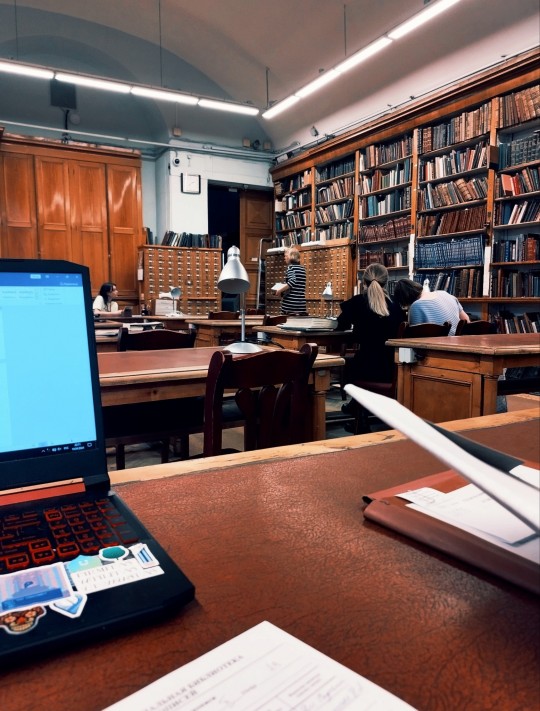
#история россии#мой тамблер#мой дневник#мой tumblr#мой блог#русский блог#русский тамблер#русский текст#русская проза#русский пост#санкт петербург
7 notes
·
View notes
Text
The Battle of Borodino on 26 August 1812 by Peter von Hess
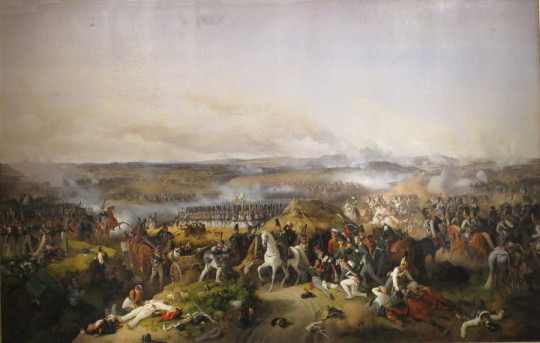
The Battle of Borodino took place near the village of Borodino on 7 September (O.S. 26 August) 1812 during Napoleon's invasion of Russia. The Grande Armée won the battle against the Imperial Russian Army, but failed to gain a decisive victory and suffered tremendous losses. Napoleon fought against General Mikhail Kutuzov, whom the Emperor Alexander I of Russia had appointed to replace Barclay de Tolly on 29 August (O.S. 17 August) 1812 after the Battle of Smolensk. After the Battle of Borodino, Napoleon remained on the battlefield with his army; the Imperial Russian forces retreated in an orderly fashion southwards. Because the Imperial Russian army had severely weakened the Grande Armée, they allowed the French occupation of Moscow, using the city as bait to trap Napoleon and his men. The failure of the Grande Armée to completely destroy the Imperial Russian army, in particular Napoleon's reluctance to deploy his Imperial Guard, has been widely criticised by historians as a huge blunder, as it allowed the Imperial Russian army to continue its retreat into territory increasingly hostile to the French. Approximately a quarter of a million soldiers were involved in the battle, and it was the bloodiest single day of the Napoleonic Wars.
Although the Battle of Borodino is classified as a victory for Napoleon since he and his men managed to capture Moscow, the fierce defense of the Imperial Russian Army devastated the Grande Armée to such an extent that it caused France and its army to become militarily impuissant. Also, the city was actually used as bait to lure and trap the French forces. When Napoleon and his men visited the city, he found that it was burnt and abandoned upon his arrival. While Napoleon was in Moscow, he sent a letter to the tsar who was residing in Saint Petersburg demanding that he surrender and accept defeat. Napoleon received no response. Whilst patiently waiting for an answer from the tsar, as soon as the cold winter and snowfall started to form, Napoleon, realizing what was happening, attempted to escape the country with his men. Seeing that they were fleeing, the Imperial Russian army launched a massive attack on the French. Attrition warfare was used by Kutuzov by burning Moscow's resources, guerrilla warfare by the Cossacks against any kind of transport and total war by the peasants against foraging. This kind of warfare weakened the French army at its most vulnerable point: logistics, as it was unable to pillage Russian land, which was insufficiently populated nor cultivated, meaning that starvation became the most dangerous enemy long before the cold joined in. The feeding of horses by supply trains was extremely difficult, as a ration for a horse weighs about ten times as much as one for a man. It was tried in vain to feed and water all the horses by foraging expeditions. Of the more than 600,000 soldiers who invaded the Russian Empire, fewer than 100,000 returned.
Sources. The Battle of Borodino, from Wikipedia, the free encyclopedia
youtube
#Отечественная война 1812 года#War of 1812#Художник#Начинающий художник#famous artists#Эрмитаж#Hermitage Museum#Russian Empire#Российская империя#История России#Наполеон#Napoleon Bonaparte#Наполеоновские войны#Михаил Кутузов#Mikhail Kutuzov#Peter von Hess#theintexp#Youtube
8 notes
·
View notes
Text

Муравьев-Апостол: несёт флаг*
Николай I :
8 notes
·
View notes
Text
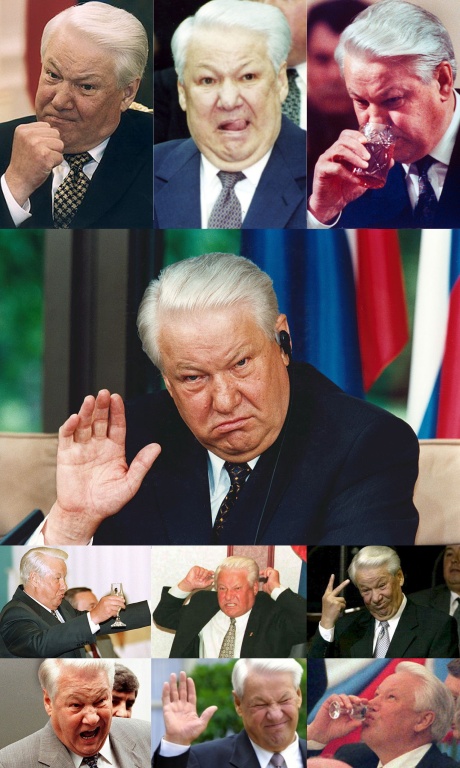
17 лет назад умер Первый президент РФ
Возможно многие его и не знают, т.к. за 24 года успели родиться, вырасти, закончить школу, жениться и возможно родить детей, ну либо пойти и от дать жизнь за амбиции того, кого нам подсунул после себя Первый президент россии Ельцин Борис Николаевич
Тот кому досталась постсовковая разруха и пришлось всё это разгребать и пытаться что-то строить... Это очень тяжелый момент истории. На 2м сроке правления Ельцин был больным и периодически вообще пропадал в больнице либо в глубоком запое.
Он наделал много ошибок, но самой большой была последняя - подсунуть нам молодого и перспективного сами знаете кого
3 notes
·
View notes
Photo


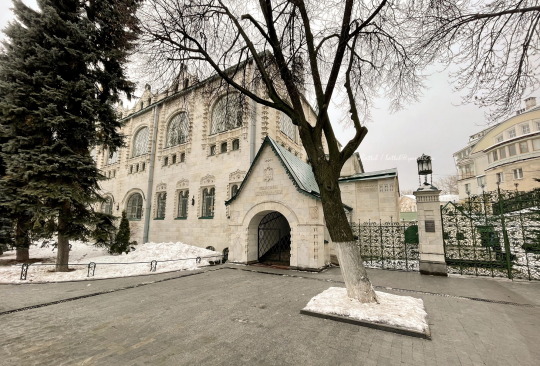

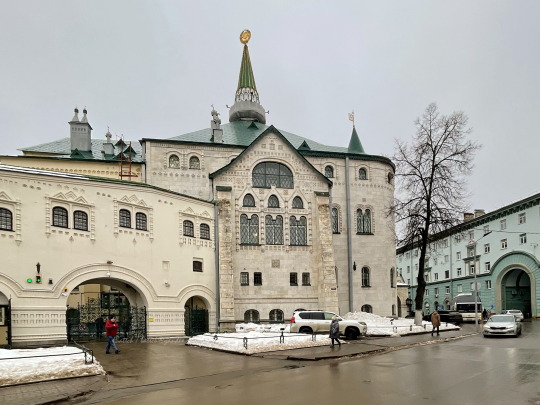

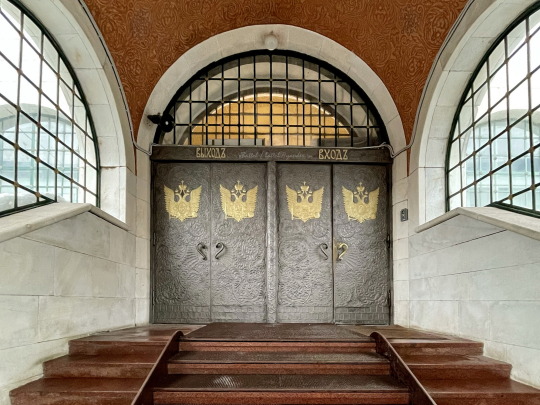
The Bank of Russia, Nyzhnyi Novgorod, 1911-1913.
#architecture#archdaily#bank of russia#nizhnynovgorod#art#Russia#heritage#beautiful buildings#архитектура#Банк России#Россия#история России#наследие#Нижний Новгород#phone photography#my photography
42 notes
·
View notes
Text
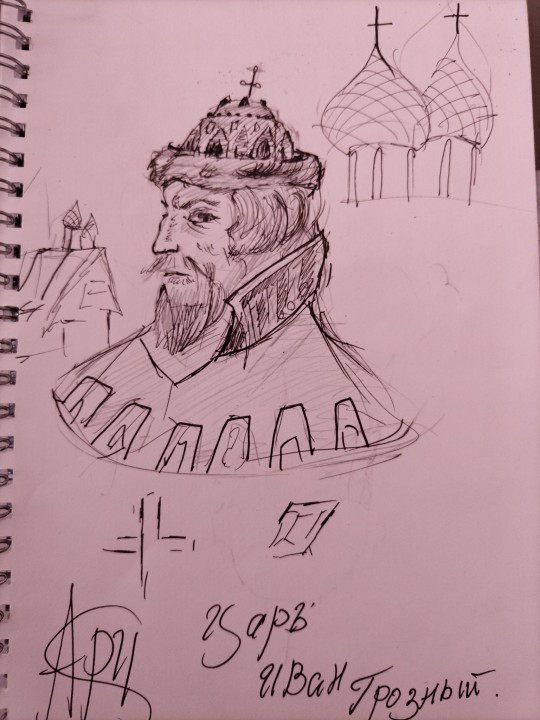
Царь Иван Грозный . Первый царь на Руси ( Россия)
Tsar Ivan the Terrible . The first tsar in Rusi (Russia)
#русский tumblr#история россии#рисунок карандашом#рисунок#портрет#drawing#portrait#pencil drawing#the history of Russia
2 notes
·
View notes
Video
youtube
Мемориальный комплекс жертвам нацистского геноцида
#памятник#вов#санкт-петербург#гатчина#зайцево#мемориал#история россии#геноцид#питер#monument#saint petersburg#архитектура
4 notes
·
View notes
Text
Шёл 15 год моей жизни на этой планете, а я всё ещё не могу привыкнуть к тому, что у меня что-то может не получатся. И дело не в высокой самооценке, а в том, что с самого детства мне вбивали, что если ты ошибся-ты ничтожество. Ну я смею полагать, что у них получилось донести это до меня.

3 notes
·
View notes
Text

Горное окружное училище, в которое поступали лучшие ученики училищ. Богодельня для инвалидов сереброплавильного завода... После окончания заведения у ребят была возможность продолжить обучение в Петербургском кадетском корпусе и стать инженерами.
#ladaeliseeva#ladygrace#россия#путешествия#алтай#история#история россии#история из жизни#архитектура#моя история#краса#красавица#длинные волосы#красивая улыбка#барнаул#cannes film festival#festivevibes#oscars#academy awards#parfume#baby face#movie stars#architecture#clever#buildings#darlingcore
2 notes
·
View notes
Text
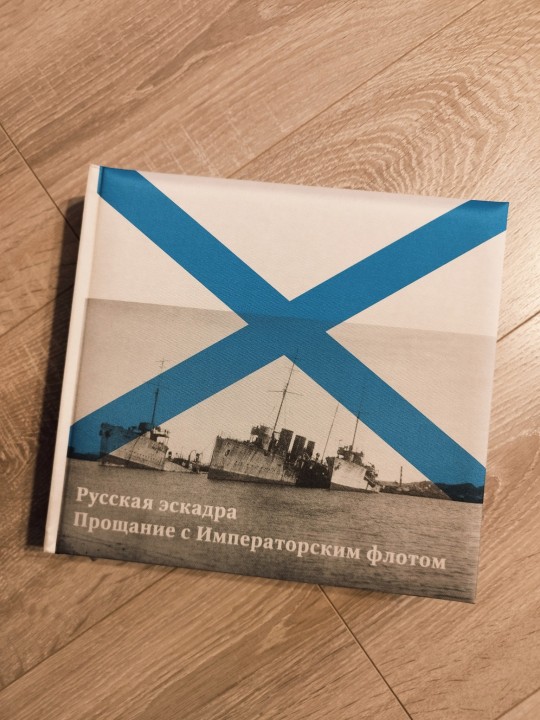
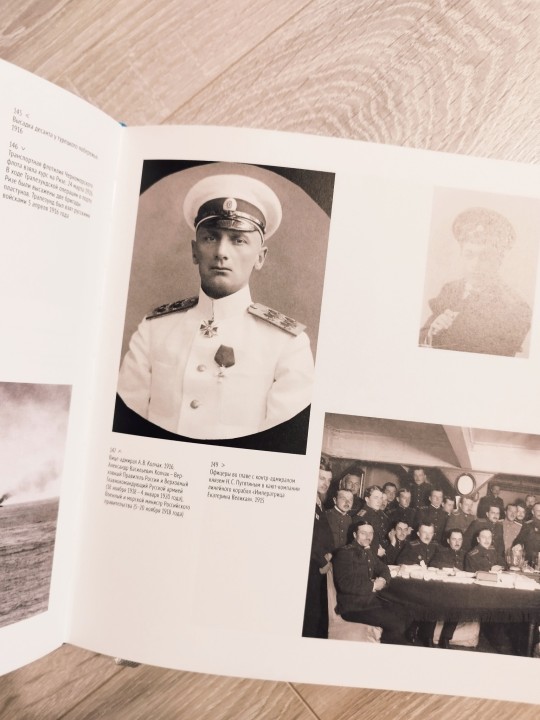
Ну что, о книгах!
Одна из моих любимых тем в истории - Императорский флот (в детстве ударило портретом Колчака по голове, да), а также судьба русской эскадры в Тунисе, а конкретно - в Бизерте. История увлечения именно Бизертой вообще интересная. Как-то гостили у тёти в Большеречье и случайно включили какой-то документальный фильм. На экране очень пожилая женщина - звали её Анастасия Ширинская-Манштейн - рассказывала про то, как она, будучи маленькой, вместе с родителями и сёстрами эвакуировалась с Юга России во время Гражданской войны аж в Тунис. Отец у них был моряком. Самым интересным и непостижимым в её рассказе мне тогда показался следующий факт: после того, как эскадра пришла к берегам Туниса, они несколько лет жили на корабле "Георгий Победоносец", там же у них были церковь, школа и т.д. Короче, рассказ меня так увлёк, я ещё поплакала над тем, как она читала стихи Туроверова про Бахчисарай, ну и так далее. Потом я нашла её воспоминания, потом оказалось, что издательство Арт-Волхонка издаёт кучу книг на эту тему. Ну и буквально пару недель назад Мегамаркет подкинул мне промокод на 2 тыщи, и я, наконец, купила себе прекрасный невероятный альбом, посвящённый этой теме.
И, конечно, я уже давно очень хочу съездить в Тунис, потому что его в этих книгах так прекрасно описывают
#история россии#моя история#история из жизни#книжный блог#моя книга#о книгах#русская проза#русский тамблер#русский блог#русский tumblr#русский текст#русский пост#литературный блог#литература
4 notes
·
View notes
Text
The Battle of the Berezina on 29 November 1812 by Peter von Hess

The Battle of (the) Berezina (or Beresina) took place from 26 to 29 November 1812, between Napoleon's Grande Armée and the Imperial Russian Army under Field Marshal Wittgenstein and Admiral Chichagov. Napoleon was retreating back toward Poland in chaos after the aborted occupation of Moscow and trying to cross the Berezina River at Borisov. The outcome of the battle was inconclusive as, despite heavy losses, Napoleon managed to cross the river and continue his retreat with the surviving remnants of his army.
The immediate result of the Battle of Berezina had been simple: the French retreat went on, the Russian Army followed. Although it had been a Russian tactical victory by definition as the losses of the "defeated" outweighed those of the "victor", the victorious Russian force failed to meet its original objectives. Indeed, despite enormous losses, Napoleon was in a position to claim a strategic victory, having snatched what was left of his army from a seemingly unavoidable catastrophe. There would be no large military confrontation for the rest of the retreat, although the incessant harassment of Russian Cossacks and the weather continued to take a toll on the surviving members of the French army.
The losses had been extraordinary. It is estimated that 20–30,000 French combatants became casualties. "To the number of the slain in action must be added probably as many as 30,000 non-combatants." The Guard, which had not come into action at all, lost about 1,500 men out of 3,500. Much, however, had been saved. Napoleon, his generals, 200 guns, the war chest, much of the baggage, and thousands of officers and veteran soldiers had escaped. Overall, approximately 40,000 members of Napoleon's army were saved. Without this core of experienced men, Napoleon could not have rebuilt his armies for the battles of the War of the Sixth Coalition.
According to author Andrew Zamoyski: The next two days were, according to some, among the worst of the entire retreat[...]no fallen horse or cattle remained uneaten, no dog, no cat, no carrion, nor indeed, the corpses of those who died of cold and hunger.
Napoleon left his army on 5 December at Vilna. The temperatures dropped to -33.75 °C on 8 December and the number of combatants was down to 4,300. On 14 December the rest of the French main army crossed the Niemen. 36,000 French prisoners of the Grande Armée were taken by the Cossacks between 1–14 December. The only troops that had remained were the flanking forces (43,000 under Schwarzenberg, 23,000 under Macdonald), about 1,000 men of the Guard and about 40,000 stragglers. No more than 110,000 were all that was left from 612,000 (including reinforcements) that had entered Russia. The Russian losses may be about 250,000 men. Louise Fusil, a French actress, who was living in Russia for six years, returned with the army and offers details in her memoires. In French historiography, Berezina is later associated with disaster.
Sources. French invasion of Russia, The Battle of the Berezina, from Wikipedia, the free encyclopedia
youtube
#Отечественная война 1812 года#War of 1812#Художник#Начинающий художник#famous artists#Эрмитаж#Hermitage Museum#Russian Empire#Российская империя#История России#Наполеон#Napoleon Bonaparte#Наполеоновские войны#Михаил Кутузов#Mikhail Kutuzov#Peter von Hess#theintexp#Youtube
4 notes
·
View notes
Text
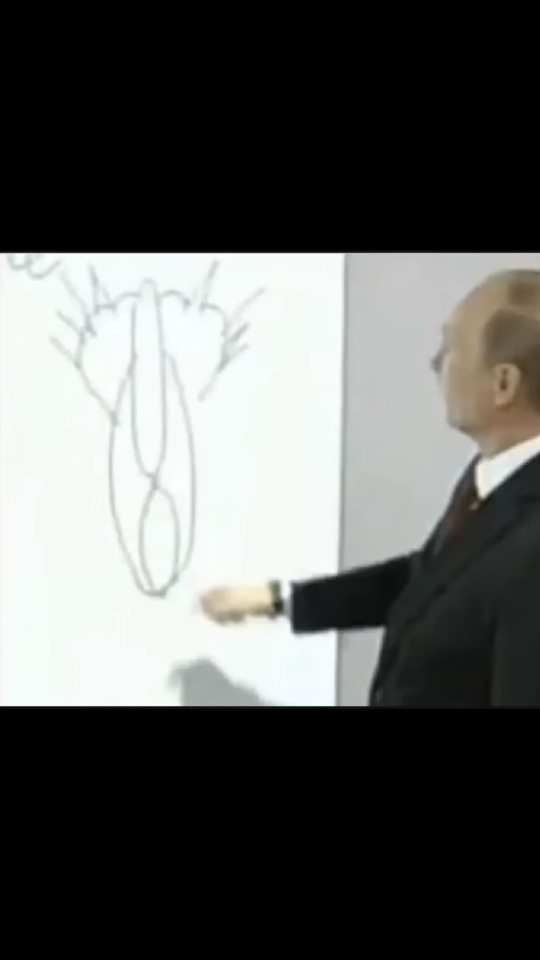
Кот Мурлыка процветает во мгле.
Кот Мурлыка заседает в кремле.
Кот Мурлыка всех зовёт на войну.
Кот Мурлыка в гроб подставил страну.
Кот Мурлыка
Говорит ни о чём.
Кот Мурлыка
С ядерным кирпичом.
Кот Мурлыка
С Антилопою Гну -
Два бандита
Развязавших войну.
Но зачинщик был, конечно, котом,
Антилопа разбежалась потом,
От безумных двух животных в стране
Сотни тысяч полегли на войне.
Кот Мурлыка людям сикал в глаза,
И воскликнул: «Это божья росса!»
Миллионы, но хо��я бы не все,
Взяв знамёна маршируют в россе.
А Россия, как от слова росса,
Так насильем до ушей заросла,
Но Мурлыку терпит всё с давних пор,
И открыто превратилась в Мордор.
Кот Мурлыка заявил верным псам:
«Чтоб с корыта потекло по усам,
И во имя нашей новой россы,
С карабином воевать надо, псы».
Кот Мурлыка
Говорит ни о чём.
Кот Мурлыка
С ядерным кирпичом.
Кот Мурлыка
С Антилопою Гну,
Стал бандитом
Развязавшим войну.
Ты, брат, спросишь, а с чего началось?
Был же вроде неплохой старый лось.
Да, конечно, он был полный алкаш,
Но, однако, не Мурлыкин типаж.
Алкоголик был с котом заодно,
И тупое с ним затеял кино.
Кот Мурлыка, незначительный тип,
Как преемник всё сидит и сидит.
Занимая высший пост для котов
В честь чекистских и бандитских понтов,
Кот Мурлыка - настоящий бандит,
Кот «элитный» двадцать лет как смердит.
Но в решётках ему светит окно,
Где по шёрстке не погладит никто.
Кот великий, как считает он сам,
Дорог только обезумевшим псам.
И ещё он подружился с борзой.
С ним Россия шла за новой россой,
И всё ближе та страна дикарей,
Где людей не отличить от зверей…
Алкоголик был с котом заодно,
И плохое с ним затеял кино.
Кот Мурлыка, незначительный кот,
Как преемник, двадцать лет уже врёт.
Назначенец пред народом в долгу.
Алкоголик весь извёлся в гробу,
Наблюдая как преемник борзой
Всех отправил в путь за новой россой.
#книга#стихи#поэзия#poetry#литература#poem#россия#политика#russia#алкоголик#кот#псы#история россии#история#лось#животные#звери#люди#свобода#ферма
4 notes
·
View notes
Text
Я потратила почти два часа, чтобы найти объяснение того, почему Карл 12 и Петр 1 двоюродные братья.
Они не двоюродные братья. Это всё пиздеж
4 notes
·
View notes
Photo
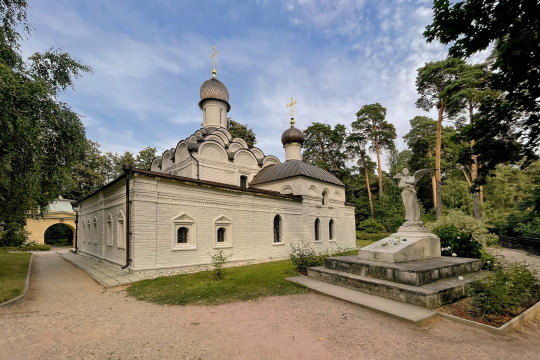
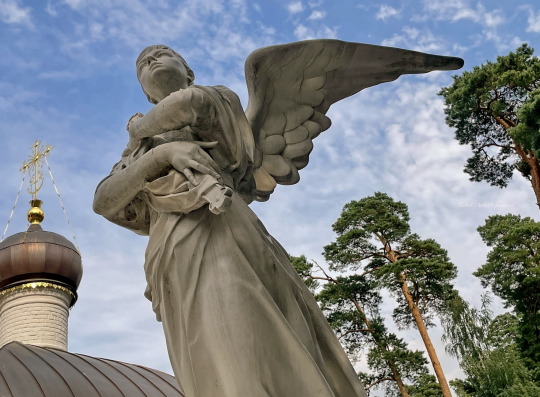
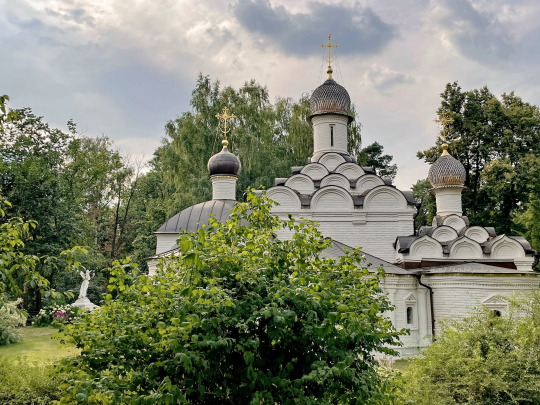
Arkhangelskoye mansion, Moscow region. Tombstone of Princess Tatyana Yusupova.
#church#Russian mansion#grave#tombstone#sorrow#statue#sculpture#churches and temples#Россия#Архангельское#усадьба Архангельское#церковь#храм#могила#памятник#Юсуповы#старая усадьба#русские усадьбы#история России#phone photo#my photography
19 notes
·
View notes
Text
Курс истории, который россиянин зубрит со школьной скамьи, имеет не только проблемы с достоверностью. Эта бесконечная череда войн и тиранов красной нитью проводит мысль: от усилий отдельного человека ничего не зависит. Только если очередной государь вздыбил страну, мы просыпаемся и начинаем «собирать земли», а наместники в провинции побаиваются воровать. А вольнодумство и оглядки на Запад всегда приводили нас к смуте и разорению. По словам политического антрополога Эмиля Пайна, во все времена авторитарная власть искала легитимацию в исторической традиции: дескать, «с этим народом нельзя иначе», «так было и так будет»
© Д. Терентьев. «Молоко без коровы. Как устроена Россия»
6 notes
·
View notes